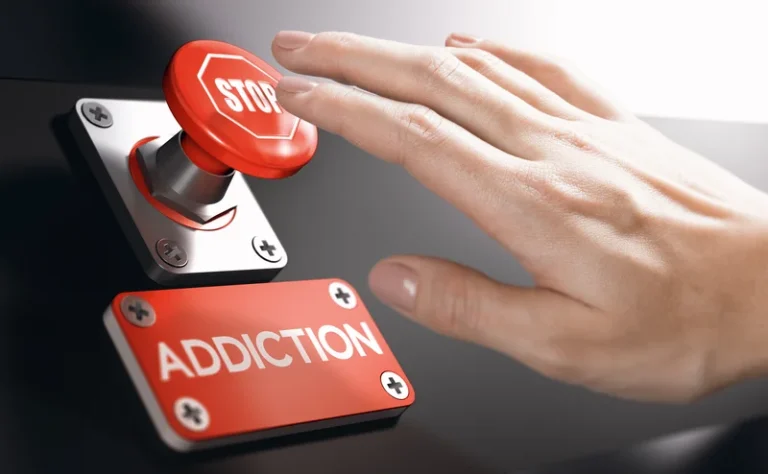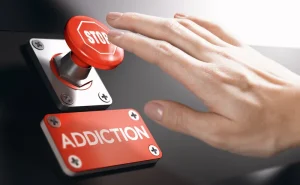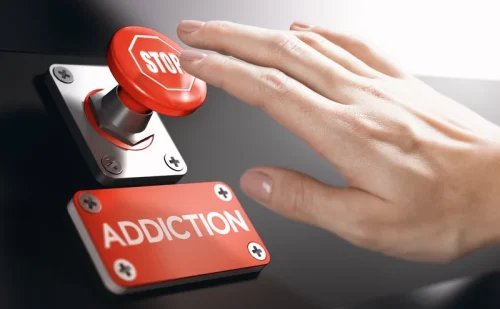
The severity of the pain may fluctuate as the disease worsens, occasionally going away for months before getting worse again. It is important that you completely remove all the alcohol from your system. However, it is possible for patients to experience full relief once they learn how to manage their symptoms.
Motor symptoms

They help alleviate pain, address nutritional deficiencies, and manage other related symptoms. According to the Medical News Today article titled “Understanding and treating alcoholic neuropathy” alcohol impedes the processing, transportation, and absorption of essential nutrients. Some people with alcohol use disorder also have inadequate food intake. Alcohol abuse is one such potential source of injury, with symptoms of alcoholic neuropathy developing in as much as two-thirds of those who experience a prolonged alcohol use disorder. It’s critical to understand the effects of alcohol on your cardiovascular function. Heavy drinking can lead to a range of issues that could be long-term and potentially life-threatening.
- If the condition is allowed to progress in severity, the damage could become permanent.
- If a person develops end-stage liver disease, they may need a liver transplant.
- The treatment and recovery process is different for everyone, as everyone’s situation is unique.
- Additionally, genetic variables might be involved, rendering certain people more susceptible to alcohol-related nerve injury than others.
- Additionally, some persons may experience cramping in the affected muscles, while others report burning in their calf and feet.
Does Alcoholic Neuropathy Go Away?
Behaviorally, you might experience lower inhibitions, intense feelings, and a greater tendency to take risks. Long-term effects of alcohol include a range of physical health conditions and cognitive impairments. The neural disorder can return and cause more permanent damage if the patient continues to use alcohol. As alcohol neuropathy stages nerve cells can be regenerated, it is possible that all the damaged cells can be replaced thus reversing alcoholic neuropathy.
Factors Affecting Recovery Time
The kind, location, and intensity of your symptoms will determine how you are treated. To rule out other causes of neuropathy symptoms, additional evaluations may involve blood or urine tests, or imaging investigations of the brain or spinal cord. Alcohol damages the kidneys by impairing the body’s capacity to filter out chemicals, toxins, and other potentially harmful substances. Alcohol’s diuretic properties, which cause the system to dry up, are another what is Oxford House issue. Additionally, the kidneys may sustain significant harm and cease to function if they do not receive enough water.

Long-term Management and Follow-up
Peripheral neuropathy in individuals with diabetes ranges from 6% to 51%. Excessive alcohol use makes the nerves even more susceptible to harm. It’s critical to consult a medical expert if you encounter any peripheral neuropathy symptoms. Your chances of fully recovering can be improved with early diagnosis and treatment. In an inpatient facility, you will cut off the alcohol consumption and allow the body to recover properly. Unfortunately, using just vitamin supplements is not enough to curb the symptoms of alcohol-dependent individuals.

- Addiction recovery isn’t easy, but it’s always possible with the right amount of consistent effort and a willingness to talk to professionals and listen to their advice.
- The bladder, stomach, and intestines are among the organs in the body whose activities are regulated by autonomic nerves.
- The severity of the pain may fluctuate as the disease worsens, occasionally going away for months before getting worse again.
In more severe cases, doctors may prescribe medications specifically designed for neuropathic pain relief such as gabapentin or pregabalin. Alcohol neuropathy can improve with abstinence and treatment, but full recovery varies by individual. The patient also needs to find a way to manage the loss of sensation and prevent the injuries from it. But this condition is hard to manage, especially if the patient still drinks heavily. Something that we think of like an every day, straightforward activity, becomes a struggle and a problem.

If they stop drinking and get the right help right once, those with moderate neuropathic symptoms and a shorter history of alcohol misuse may recover more quickly and significantly. The types of nerve damage that can occur from long-term diabetes, alcoholism, and neuropathy are difficult to manage. Many people experience https://ecosoberhouse.com/ pain, weakness, and even numbness in their extremities. Much of the reversal process also depends on how deep and powerful the initial damage is. Often, if the subject hasn’t been involved in destructive behaviors for a very long time, the situation can be reversed fairly quickly. Unfortunately, for many subjects, they have simply been doing bad things for too long, and nerve cells that are actually dead can’t regenerate.
How Does Alcohol Damage the Nerves?

You can also see a physical therapist to help rebuild your muscle strength. Pain and hypersensitivity can also become more severe if the condition continues to progress. Pain and hypersensitivity can even seem to start to fade for months before getting worse again. To begin with, a person may feel that something is off, unusual, or painful in their senses, movement, or balance.
Peripheral neuropathy and alcohol-related neuropathy share many symptoms. These can have an impact on your sensations and both controlled and involuntary motions. Some people may find it dull and continuous, while others may find it piercing, stabbing, and sharp. When the muscles in the legs and feet are palpated, many people exhibit tenderness. Additionally, some persons may experience cramping in the affected muscles, while others report burning in their calf and feet. Although axonal degradation frequently starts before a person exhibits any symptoms, alcoholic polyneuropathy typically develops gradually over months or even years.





